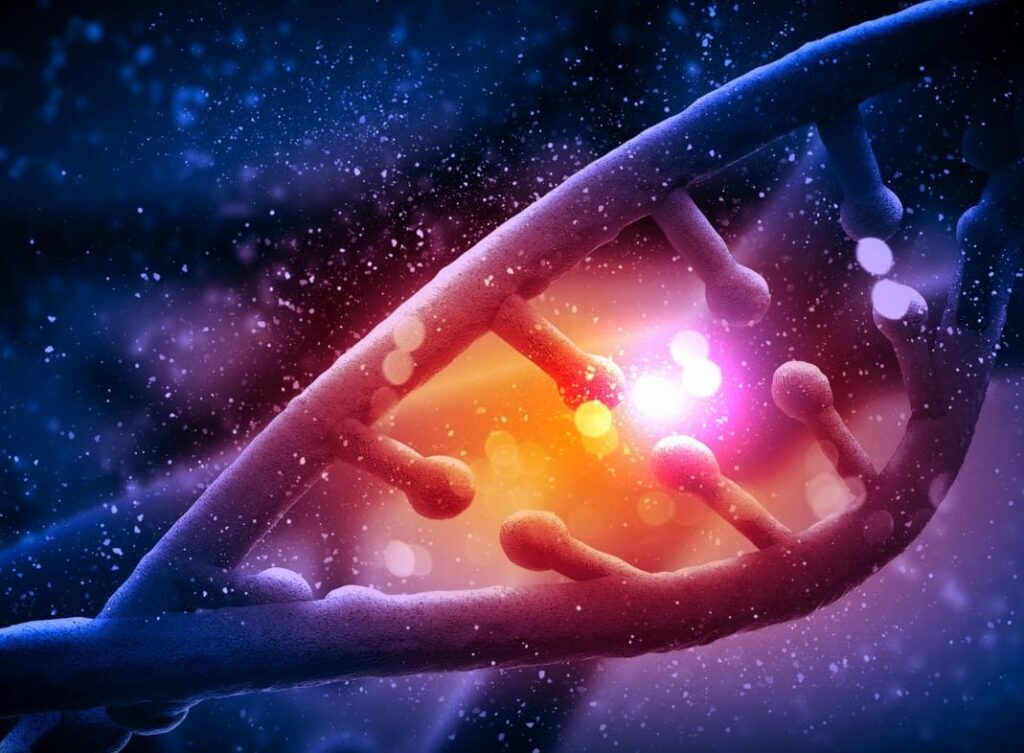
A new study is challenging long-held beliefs about how life began on Earth.
Scientists from the University of Arizona analyzed the evolutionary history of amino acids-the building blocks of proteins-and found that our existing model may be biased.
Their findings suggest that some amino acids, previously believed to have emerged late in life’s evolution, were actually more prevalent before Earth’s “last universal common ancestor” (LUCA), a mysterious single-celled organism from which all known life descended.
Using advanced software and genomic databases, the researchers reconstructed protein domain lineages that date back four billion years. One surprising result was the relative abundance of tryptophan, thought to be the last amino acid added to the genetic code, in pre-LUCA data. This discovery suggests multiple genetic codes may have coexisted in Earth’s early days-and possibly beyond. The implications are cosmic: if life’s building blocks emerged under diverse conditions on ancient Earth, similar processes could be happening now on moons like Saturn’s Enceladus. In rethinking how life arose, we may also be redefining where it might be found next.
source
https://phys.org/
